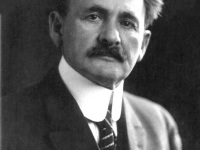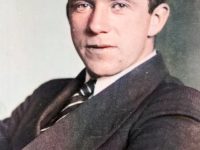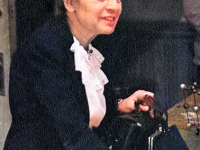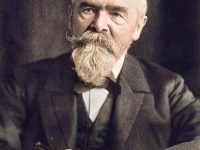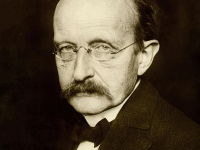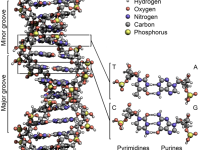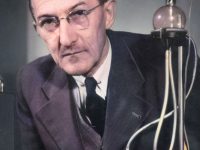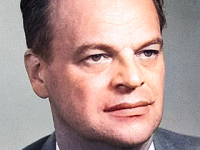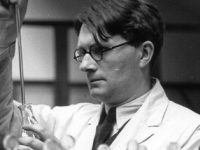Albert Abraham Michelson and the Famous Experiment that lead to Einstein’s Special Relativity Theory
On December 19, 1859, US-american physicist Albert Abraham Michelson was born. Together with his colleague Edward Williams Morley he conducted an experiment that proved the by the time famous ether theory to be wrong and is considered to be one of the pilars of the theory of relativity. “While it is never safe to affirm that the future of Physical Science has no marvels in store even more astonishing than those of the…
Read more

